Contributed by MBA students: Kevin, Moohwan and SungWon
As MBA candidates and future leaders of a dynamically changing business environment, how do we define our success and measure our learning progress? Our answer to the question was to participate in business case competitions, as we believe that the ability to apply practical industrial knowledge and to demonstrate our inner potential is a vital criterion for success.
In view of this, the inter-university Case Competition organised by Dell was a great opportunity for us to apply what we have learnt in class and to leverage on our skillsets such as collaborative team work, efficient time management, application of effective framework and compelling presentation. We knew that the competition would be challenging and require significant commitment and sacrifice but we decided to take up the challenge and embark on this journey to achieve our very first milestone.
The case competition consisted of two rounds. The first round was evaluated based on a five-minute video recording on the topic of Dell’s supply chain management, and the second round was carried out at Dell’s office amongst the selected teams, based on the result of the first round. In total, 17 teams participated from three universities, namely NTU, NUS and SP Jain. Four teams were promoted to the final round; two teams came from NUS and one each from NTU and SP Jain, respectively.
The team, DellTaForce was voluntarily and carefully formed on our own by taking several criteria into consideration in order to optimise the team potential and synergy. One important, though often neglected criteria, is how the different individuals, with their expertise and professional backgrounds can complement and work with one another in a team. With that in mind, we finally formed a team consisting of three members with over five years’ of career experience in different business areas, namely, management consulting, strategy planning, and engineering. The mix of diverse background helped significantly throughout the Dell case competition as the different perspectives of each member allowed us to bring a wide range of ideas that an individual by him or herself might not be able to generate.
During the analysis of the case studies, we set the most important and fundamental rule upfront, which was to respect and encourage each other for all meetings. The small initiative paid off as the team members were able to share their ideas confidently, leading to fruitful brainstorming. No matter what idea was brought up, we considered all of them worthy of discussion and talked about it until we reached a consensus.
The challenging parts that we have encountered were mainly ideation relating to supply chain management business domain, as none of us had previous professional experience in that field. To address the issue, we proactively approached professors to guide us on process validation and viable examples for ideation. We had to instill a confident mindset in ourselves that we are the expert in the supply chain management as far as the case is concerned.
Another challenge that we had to work on was the professional presentation for the final round. As the team consisting of non-native English speakers, our pressing issue was to enhance our effective speech in a professional and convincing manner. To quickly equip ourselves with the necessary presentation skills within a short timeframe, we focused on practicing, preparing Q&As, and non-verbal communication cues such as posture, eye contact, attire and more. The intensive practice sessions continued all the way till the final presentation date. Although it was not perfect at the end, we certainly made visible improvement to deliver our idea to the panel judges. Last but not least, most importantly, we gained confidence in public speaking.
Our determination, specific goal setting, collaborative teamwork, consistent discipline, sincere commitment and specific plan to achieve our common goal played significant parts in helping us win this case competition.
The key takeaway from the experience was that when all the attributes of success are applied collectively, the likelihood of winning will definitely increase as it creates synergistic effect as long as everyone plays their part responsibly.
We would like to attribute our glorious success to Professor Vijay Sethi and Professor Peter Giulioni who were willing to spend their personal time to help us, especially when our progress was stagnated and when we were occasionally demotivated. It was a great achievement as a start and we strongly believe that Nanyang MBA’s journey for business case competition will continue thriving.
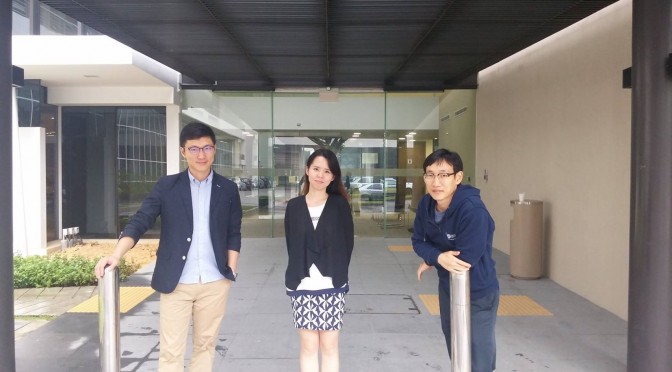
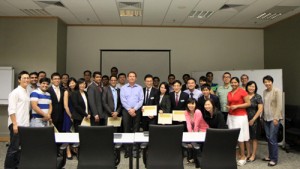

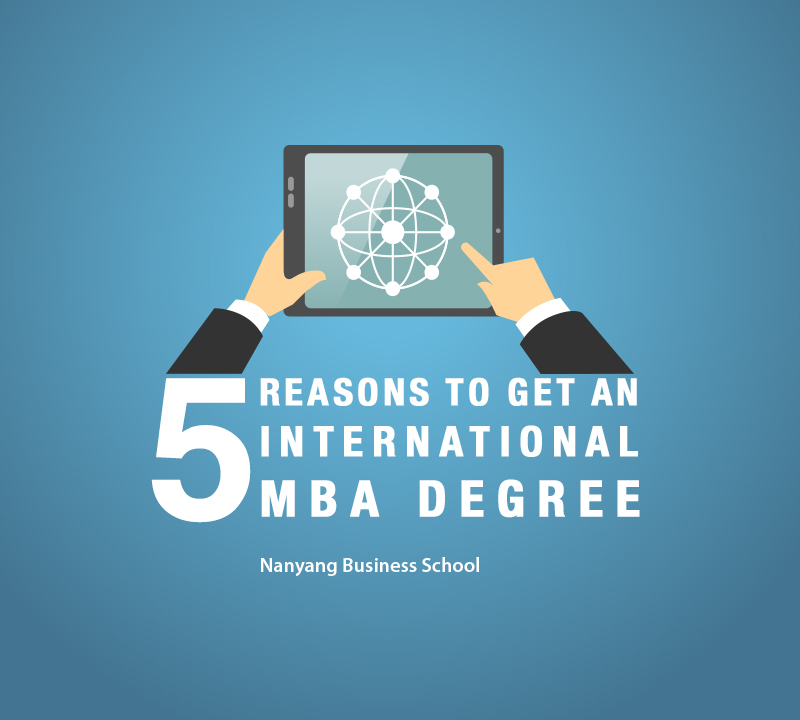
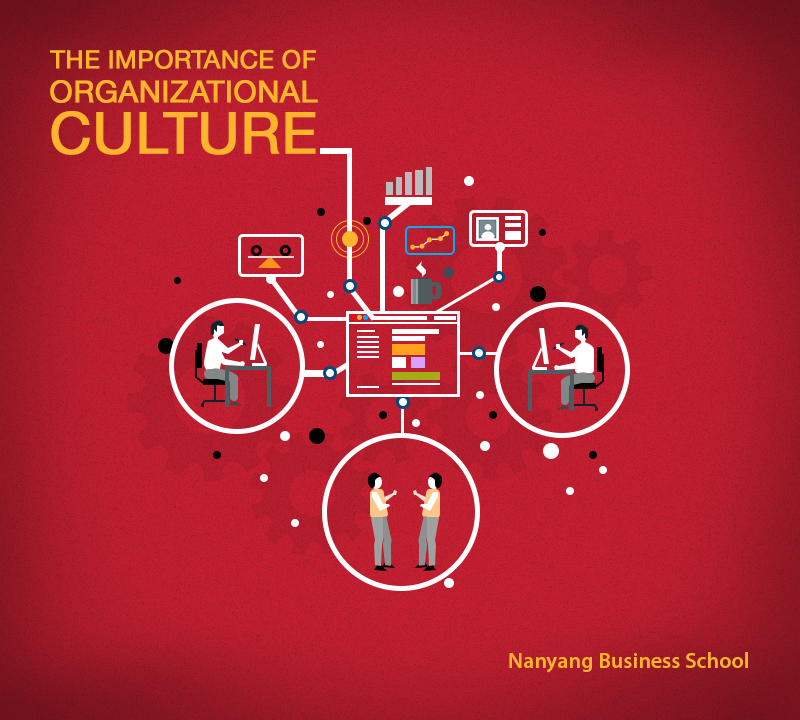
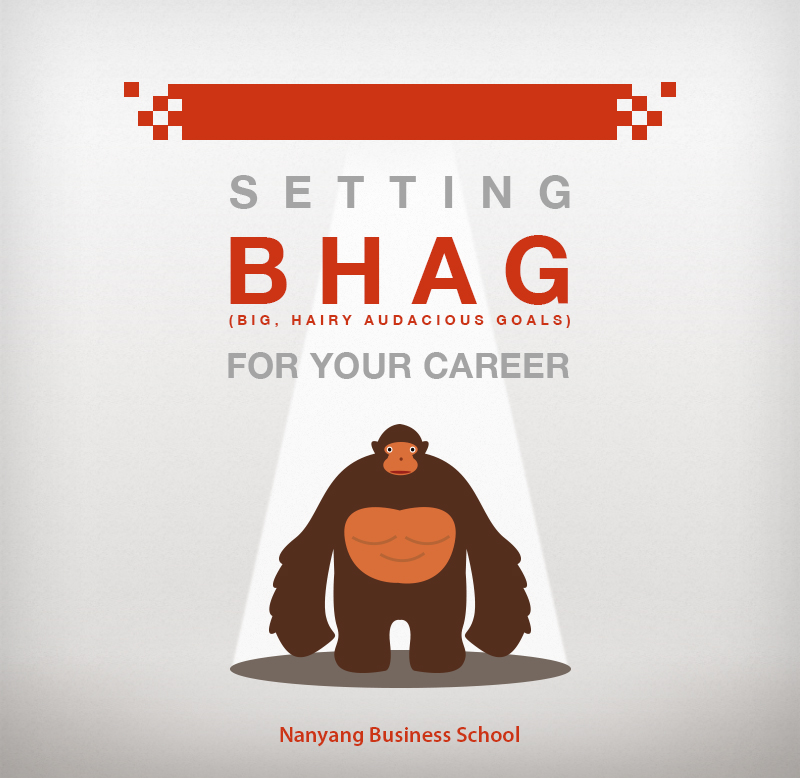
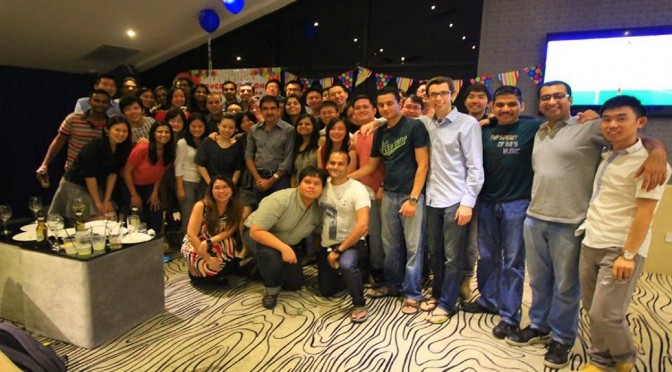
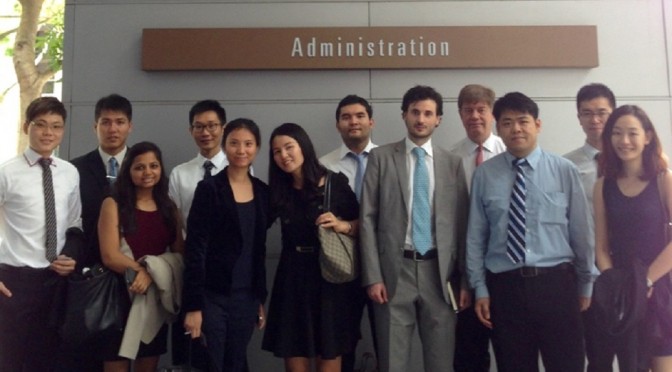


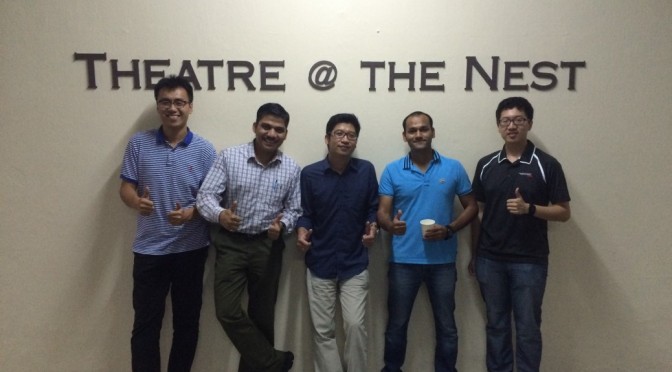



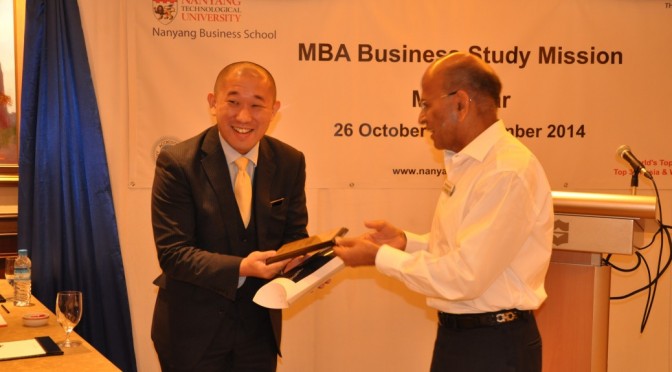

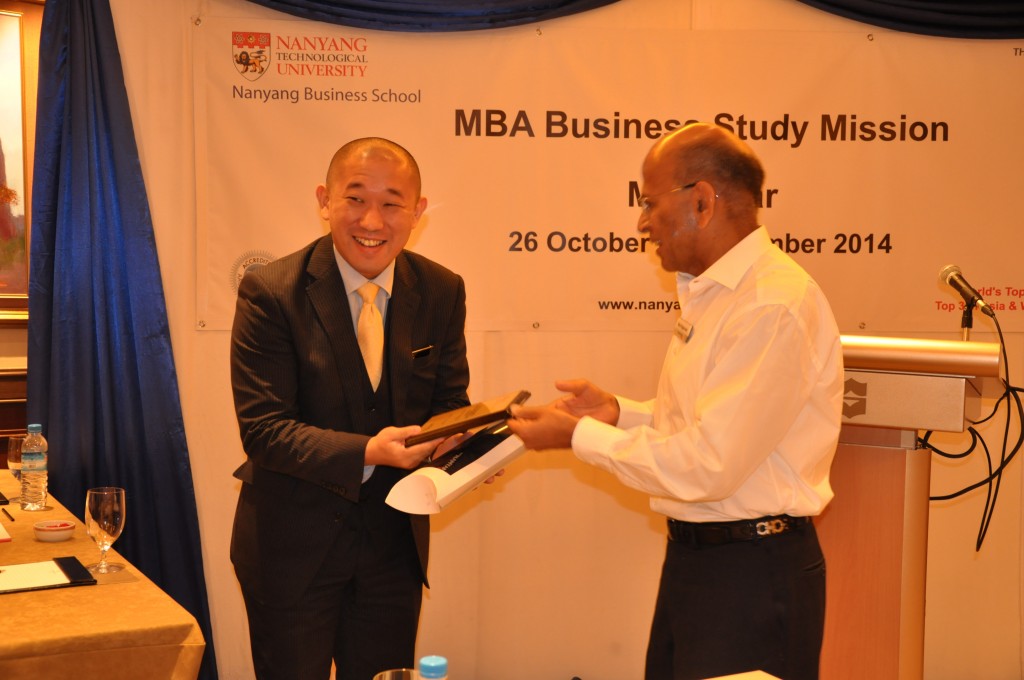
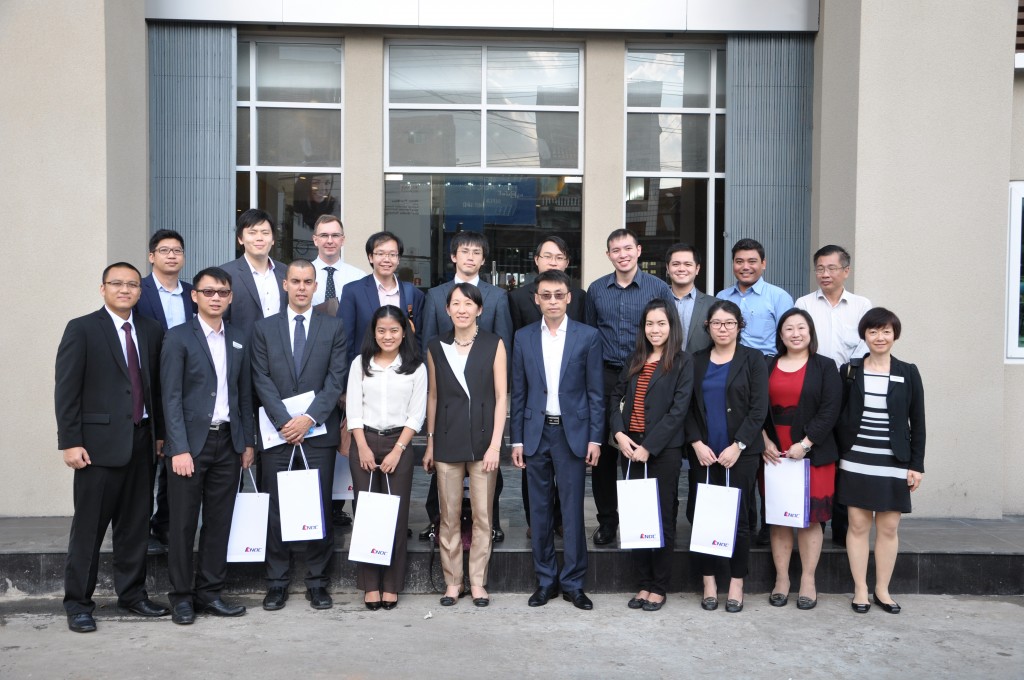
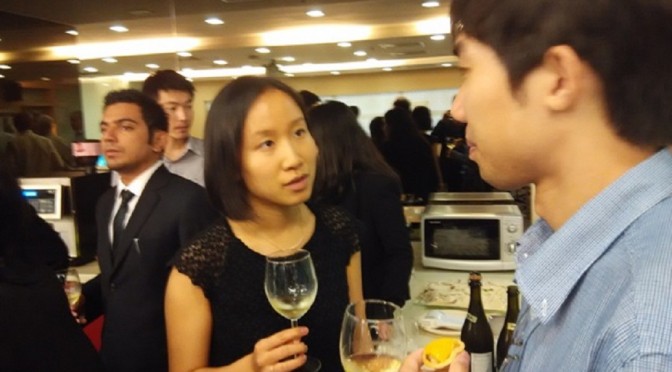
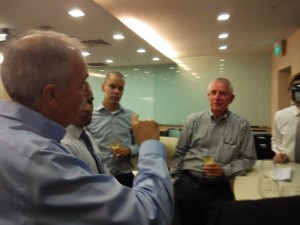

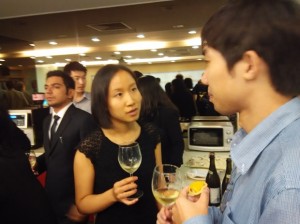
You must be logged in to post a comment.